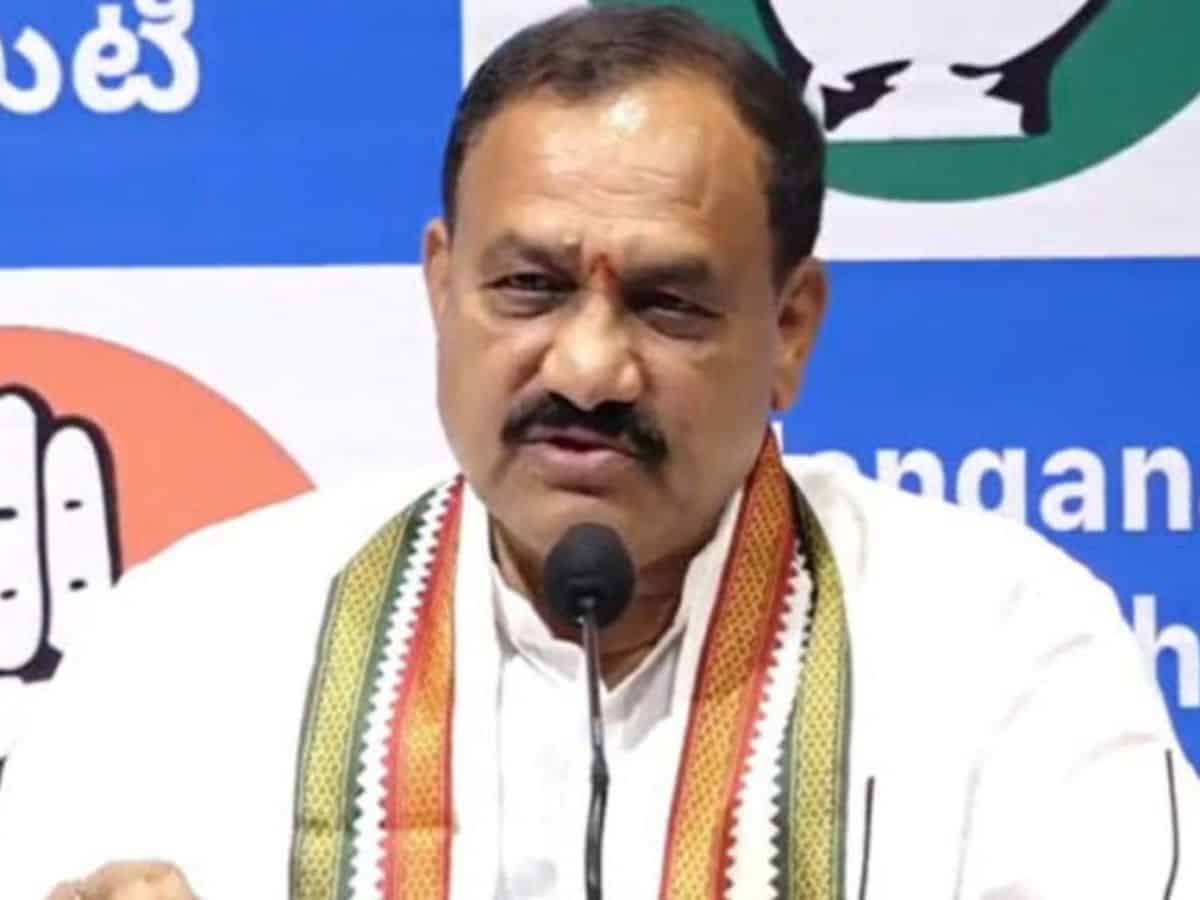
Hyderabad: Telangana Pradesh Congress Committee (TPCC) president and MLC Bomma Mahesh Kumar Goud has criticised the Bharatiya Janata Party (BJP) for its remark regarding Telangana’s merger with India.
Speaking at an event marking National Integration Day, which commemorates the princely state of Hyderabad’s integration into Independent India, TPCC president Mahesh Kumar Goud emphasised the Congress party’s pivotal role in this historic process. He asserted that it was Congress, not the BJP, that secured India’s independence and integrated princely states like Hyderabad. “The BJP has no moral authority to comment on Telangana’s history or its merger,” Goud added.
He urged the public to reject the BJP’s divisive politics and embrace the Congress’s welfare-focused approach. He contrasted the BJP’s communal agenda with the welfare-driven policies of Congress, promising that under chief minister Revanth Reddy’s leadership, the party would continue to prioritise the needs of the people.
Furthermore, he emphasized, “Rahul Gandhi has always championed the cause of the underprivileged, and our commitment is to uphold these values.”
Mahesh Kumar Goud also pointed out Bharat Rashtra Samithi (BRS) president and former chief minister K Chandrashekar Rao (KCR), accusing him of failing to meet Telangana’s aspirations during his decade-long tenure. He announced the Congress’s plan to install a long-awaited statue of Telangana Talli at the Secretariat, with its unveiling scheduled for December 9.
In his address, Mahesh Kumar Goud praised the late Prime Minister Rajiv Gandhi for his contributions to modern India, particularly his advancements in the IT sector and his role in lowering the voting age to 18. He condemned BRS working president and Sircilla MLA KTR for allegedly disregarding Rajiv Gandhi’s legacy, despite benefiting from his education and experience in the modern era shaped by those reforms.



